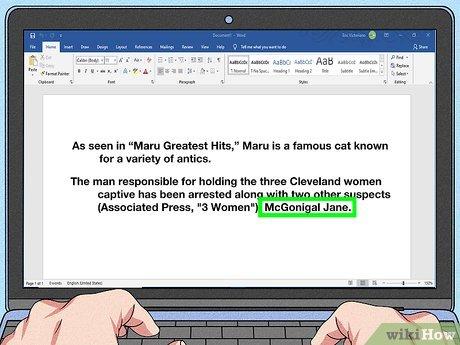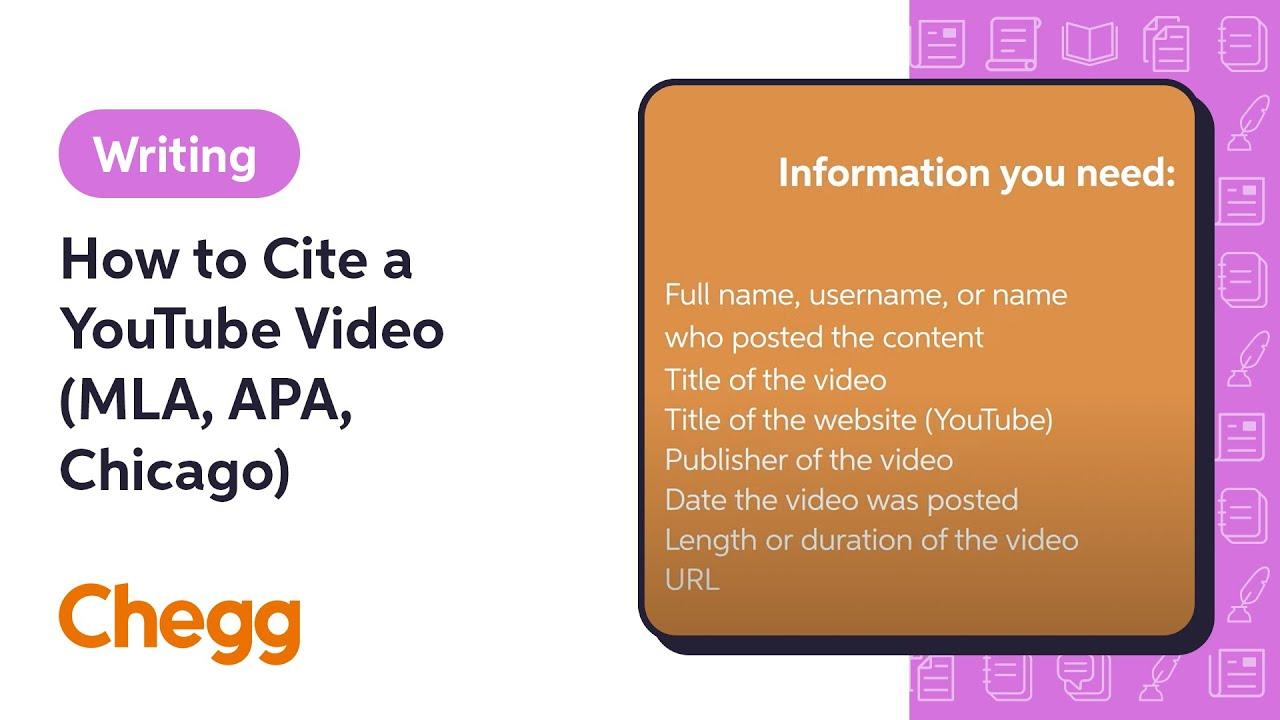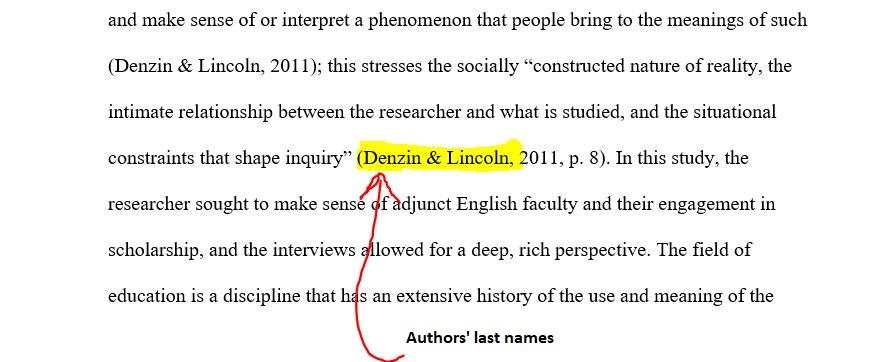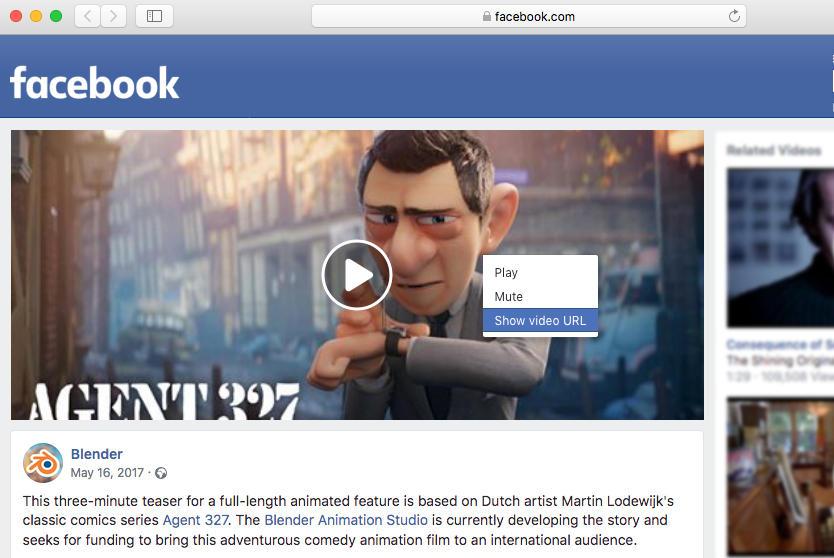In today’s digital landscape, where videos reign supreme as a go-to source for information, mastering the art of video citations is more important than ever. Whether you’re putting together a scholarly paper, crafting a blog post, or prepping for that all-important presentation, the way you credit your sources speaks volumes about your credibility. Enter the world of APA style—a method as trusted as your favorite old-school recipe for chocolate chip cookies. Just like you wouldn’t skip the chocolate chips (blasphemy!), skipping proper citations can leave your work feeling half-baked. So, grab a comfy seat, maybe a snack or two, and let’s unravel the essentials of video citations in APA style together. You’ll soon find that citing your sources can be as straightforward as hitting “play” on your favorite video. Ready? Let’s dive in!
Crafting the Perfect Reference: Key Elements of Video Citations in APA Style

When it comes to citing videos in APA style, think of it like crafting a perfect recipe. You need the right ingredients to make it all come together seamlessly. Start with the basic elements: the author’s name, the publication date, the title of the video, the site name, and the URL. Each piece is essential, just like flour and sugar in a cake. Grab the video creator’s last name and initials, add the date in parentheses, and don’t forget to italicize the title. Why? Because titles stand out, and we want our references to shine just like that dessert everyone craves at a gathering!
To delve deeper, let’s talk about some key points to remember. Ensure you include the specific details that might help your readers find the video easily. For instance, make sure your URL links directly to the video, and consider providing the video format if it’s not obvious. Here’s a handy little table to simplify those elements:
| Element | Example |
|---|---|
| Author | Smith, J. |
| Date | (2023, March 5). |
| Title | Understanding Quantum Physics |
| Site Name | YouTube |
| URL | https://youtube.com/xyz123 |
Remember, precision is key! Misplacing a period or a comma can send your citation off the rails. So, keep your reference organized and follow these guidelines, and you’ll have your citations feeling as polished as a well-rehearsed performance. Happy citing!
Navigating Credibility: Choosing the Right Sources for Your Video References

When it comes to incorporating videos into your work, sifting through the vast sea of information to find credible sources can feel a bit like searching for a needle in a haystack. But fret not! There are some straightforward strategies you can use to make this process smoother. Start by looking for videos from reputable organizations or creators who are recognized for their expertise in the subject matter. Think about it: would you trust a random person on the street for medical advice, or would you prefer advice from a doctor? Make sure to check the last updated date on the video as well. If it’s ancient history in the fast-moving world of information, it might no longer be relevant!
Furthermore, remember to consider the platform where the video resides. Well-known platforms like YouTube often have a mix of professional content alongside user-generated videos, so it’s vital to differentiate between the two. You might want to consider these points to help guide your choice:
- Author Credentials: Who created the video? Are they qualified?
- Source Reliability: Is the content published on a reliable website?
- Peer Reviews: Has it been reviewed by professionals in the field?
- Production Quality: Does it look professional or basic?
By keeping these tips in mind, you’ll be able to bolster the credibility of your citations, lending more weight to your work while avoiding the pitfalls of misinformation.
Beyond Basics: Understanding In-Text Citations for Video Content

When it comes to citing video content, the process can feel a bit, well, overwhelming at first. But fear not! In-Text citations don’t have to be complicated. Instead, think of them as a friendly pointer to where you found that nugget of brilliance. In APA style, you typically include the creator’s last name and the year of the video’s release. For instance, if you’re referencing a TED Talk by Simon Sinek from 2010, your citation might look something like this: (Sinek, 2010). It’s like giving credit where credit is due, making it clear to your audience that you didn’t just pull these ideas out of thin air. It’s all about transparency and engaging your viewers effectively!
Now, let’s dive a bit deeper into the specifics! If you’re quoting directly from a video, you’ll want to include a timestamp to guide your audience directly to the juicy bits. So, for a quote found at 5 minutes and 20 seconds, it would look like this: (Sinek, 2010, 5:20). You can consider this as your personal map—leading others straight to the treasure you unearthed! Here’s a quick glance at the essentials of in-text citation for video content:
| Video Type | In-Text Citation Format |
|---|---|
| Single Creator | (Creator’s Last Name, Year) |
| Multiple Creators | (First Creator’s Last Name et al., Year) |
| Direct Quote with Timestamp | (Creator’s Last Name, Year, Timestamp) |
Armed with this knowledge, you’re ready to tackle video citations like a pro. Remember, it’s not just academic; it’s about respecting the creators behind the content and sharing their insights accurately. So go ahead, give those videos their shoutouts, and watch your writing credibility soar!
Building Your Bibliography: Tips for Organizing and Presenting Video Citations

When it comes to pulling together your bibliography, especially for video citations, organization is key. Start by making a structured list of all the videos you plan to include. It’s easy to get lost in the sea of URLs and titles, so consider using a simple spreadsheet or table to keep things organized. You could create columns for the author, date, title, and source. This way, you can quickly glance at your list and ensure each entry follows the APA format. Not only does it help you stay on top of your citations, but it also makes the whole process less stressful. Picture it like organizing a bookshelf: each video has its place, making it easy to find what you need when you need it.
Now, let’s talk presentation. When you format your video citations, consistency is crucial. Make sure to include essential information, like the creator’s name (if available), the upload date, the title of the video in italics, the platform it’s on (like YouTube), and a direct link to the video. Here’s a brief example of how your entry could look:
| Element | Example |
|---|---|
| Author | Smith, J. |
| Date | 2022, August 12 |
| Title | The Future of AI |
| Source | YouTube |
| Link | Watch here |
Concluding Remarks
And there you have it, folks! Mastering video citations in APA style doesn’t have to be as daunting as it sounds. Think of it like polishing your favorite pair of shoes—you just need the right tools and a little practice to shine! Whether you’re diving into your next academic paper, crafting that stand-out presentation, or simply trying to reference your favorite YouTube tutorial, these tips will help you strut your stuff with confidence.
Remember, citing your sources isn’t just about following rules; it’s about respecting the hard work of creators and sharing knowledge responsibly. So, don’t shy away from giving credit where it’s due. Embrace the art of citation as part of your scholarly toolkit, and your readers will thank you for it.
As you venture forth, may your citations be accurate, your references comprehensive, and your confidence sky high. Happy citing, and may your next project be a resounding success! If you have any questions or quirky citation dilemmas, feel free to drop them below. Let’s keep this conversation going! 🌟

